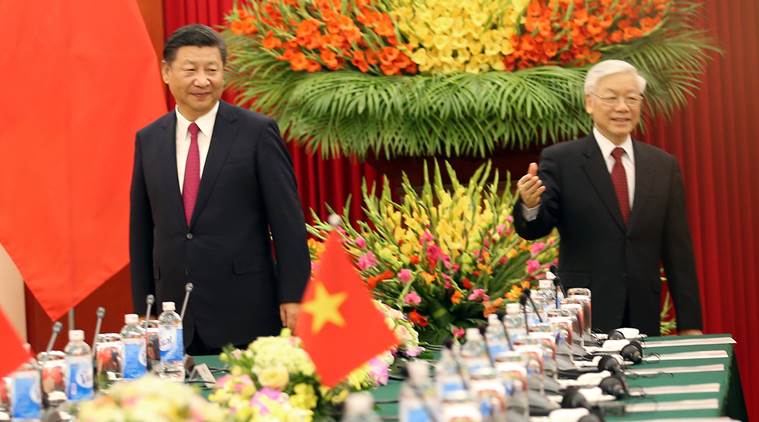Like Prime Minister Narendra Modi’s ‘Swachh Bharat Abhiyan’, Chinese President Xi Jinping has pitched for a nationwide ‘toilet revolution’. It has been learnt that with an aim to boost tourism infrastructure, Jinping has asked officials across the country to upgrade toilets. Xi has asserted that the construction of clean toilets is an important part of pushing urban and rural sanitation. The President also exhorted officials to make a greater effort in both cities and rural areas to upgrade toilets. China was among the top four countries receiving international tourists in 2016. China received 59.3 million international tourists last year, according to World Tourism Organisation. Beijing is planning to install or upgrade another 64,000 toilets at tourist destinations from 2018 to 2020, according to an action plan released by the China National Tourism Administration.
By the end of October this year, China had installed or upgraded 68,000 toilets at tourist destinations, 19.3 per cent more than the target number. The toilet revolution has been expanding gradually from tourist sites to cover the whole country, from cities to rural areas, the report said. Along with toilet revolution, China should construct better public facilities and services to boost the tourism industry, Xi added.
Xi has long stressed on the importance of the toilet revolution in enhancing the quality of the tourism industry. Officials have been urged to make consistent efforts and take tailored measures to tackle long-standing issues and correct bad habits in tourism, the report said. Local authorities are now more aware of the important role toilets play, believing better toilets are not only beneficial for tourism, but can also improve the environment that people work and live in, and enhance the overall level of civilisation of society.
Notably, while visiting rural areas, Xi used to ask local residents about the conditions of the toilets they use, and stressed many times that clean toilets for rural residents are important for the building of a “new countryside”. China launched a toilet revolution across the country in 2015 with an aim to make such facilities cleaner and more regulated.
Toilets in the countryside and at tourist sites previously had a bad reputation. In rural areas, some toilets were little more than makeshift shelters surrounded by bunch of cornstalks, and some were open pits next to pigsties. At many tourist sites, visitors were often angered by insufficient toilets, unhygienic conditions and lack of sanitation workers.

